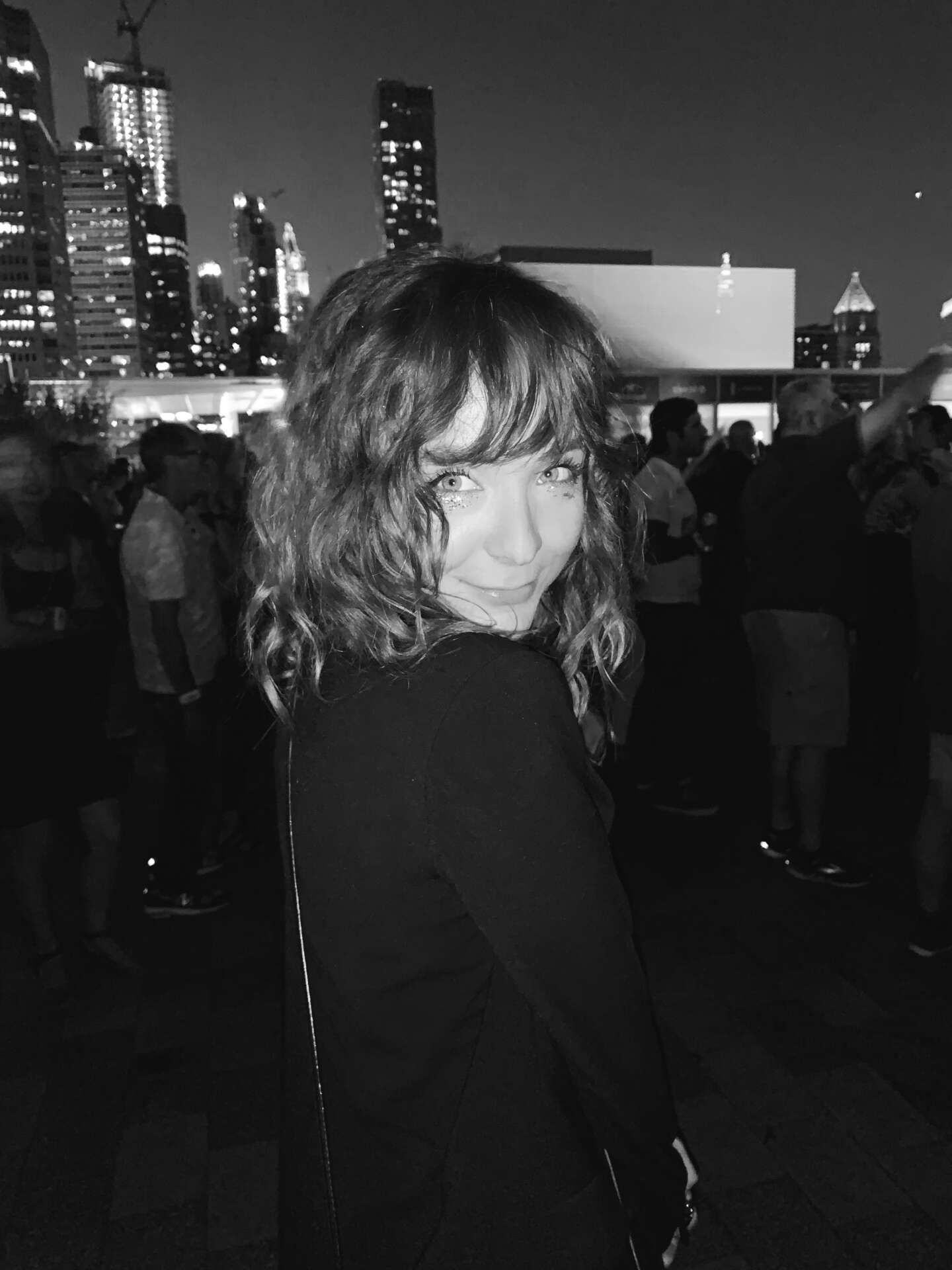We recently connected with Sarah Midkiff and have shared our conversation below.
Sarah, looking forward to hearing all of your stories today. It’s always helpful to hear about times when someone’s had to take a risk – how did they think through the decision, why did they take the risk, and what ended up happening. We’d love to hear about a risk you’ve taken.
To give some context, I think I’ve grown accustomed to a relatively high level of risk in my day-to-day when it comes to my career and creating art for a living. I’ve come to appreciate and love my willingness to take risks while striving for what sometimes feels like a quite lofty bigger picture. When I first started my career right after college, I didn’t know this about myself.
I was living at home after graduating and had begun writing and taking photos of bands for a publication as a freelancer. It had taken me approximately six months to learn that the full-time job I had obtained straight out of college wasn’t for me. I left it to freelance while I applied for other jobs, but what I didn’t know was that interviewing and photographing bands would take off in the way that it did. I was photographing some of my favorite bands, covering festivals, and seemed to have just enough people saying yes to keep the momentum growing.
I reached a point where most editors were telling me they could give me more work if I moved to either New York or LA, but being in Portland was kind of a dead end for what I wanted to do. For a bunch of reasons, I knew New York was my top choice, but I also knew that moving to one of the most expensive cities straight out of college with no job, no connections, and a pretty minimal amount of savings wouldn’t be considered the smartest decision. Still, I wanted to do it anyway, but I was caught up in the societal and self-imposed pressure to always make decisions that made sense and provided stability.
The turning point was talking it over with my Dad and him asking me what I thought was the worst thing that could happen. I was worried that I would fail. That people wouldn’t hire me, I’d run out of money, and I’d have to move back home. He pointed out that I already lived at home and that if there was ever a time to go broke, it was when I was young and no one depended on me. My idea of failing looked a lot like where I already was, so how much of a risk was it if the worst thing that could happen was to go back to where I was? I moved a couple of months later and it was one of the best things I ever did.
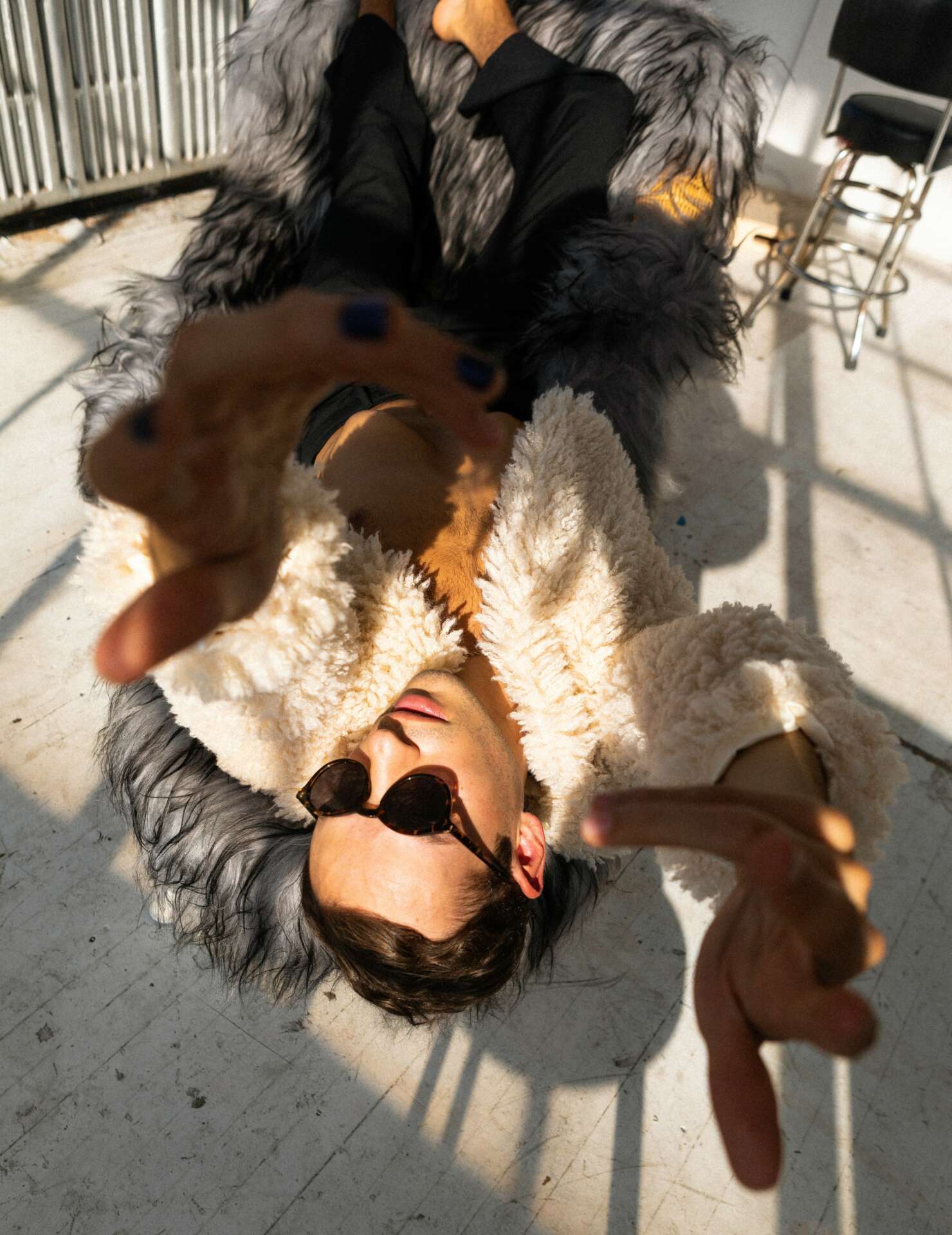
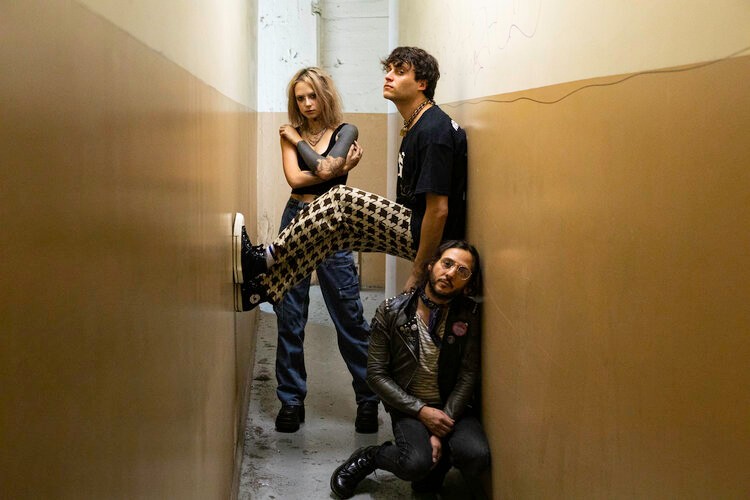
Sarah, love having you share your insights with us. Before we ask you more questions, maybe you can take a moment to introduce yourself to our readers who might have missed our earlier conversations?
I am a Los Angeles-based photographer and director. My work has always had music at the center. For the last eight years, I’ve worked with bands and record labels on everything from album art to music videos to being on the road every night on tour shooting shows and creating tour documentaries.
I got my start interviewing bands. I’d never used a camera and I never thought of photography as something I’d ever get into. That changed right after college when the photographer who was supposed to come and take pictures while I interviewed the band dropped out. There was no one free to replace him and a friend offered to loan me her Canon DSLR. That was toward the end of 2015 and I’ve been shooting ever since.
Now, I still primarily work with bands, but I’ve also taken on more commercial work and scripted projects as a director and photographer. I always find a way to work in a band or two or purposely seek out brands who make it a point to keep music at the center of their image.
At my core, I like telling stories. I have spent my entire career picking up new techniques and mediums if I think they serve the story. I think as a director and photographer who works with bands, my lifelong love of music and playing in bands myself sets me apart because it’s one thing to bring someone into your recording studio to document and be an observer. It’s another to bring someone in who has recorded themselves and knows what it means to bring an album to life. It’s a shared language that heavily informs my own work and connects with the artists I’m working with. From a brand work perspective, I think it lends an authenticity that is hard to manufacture.
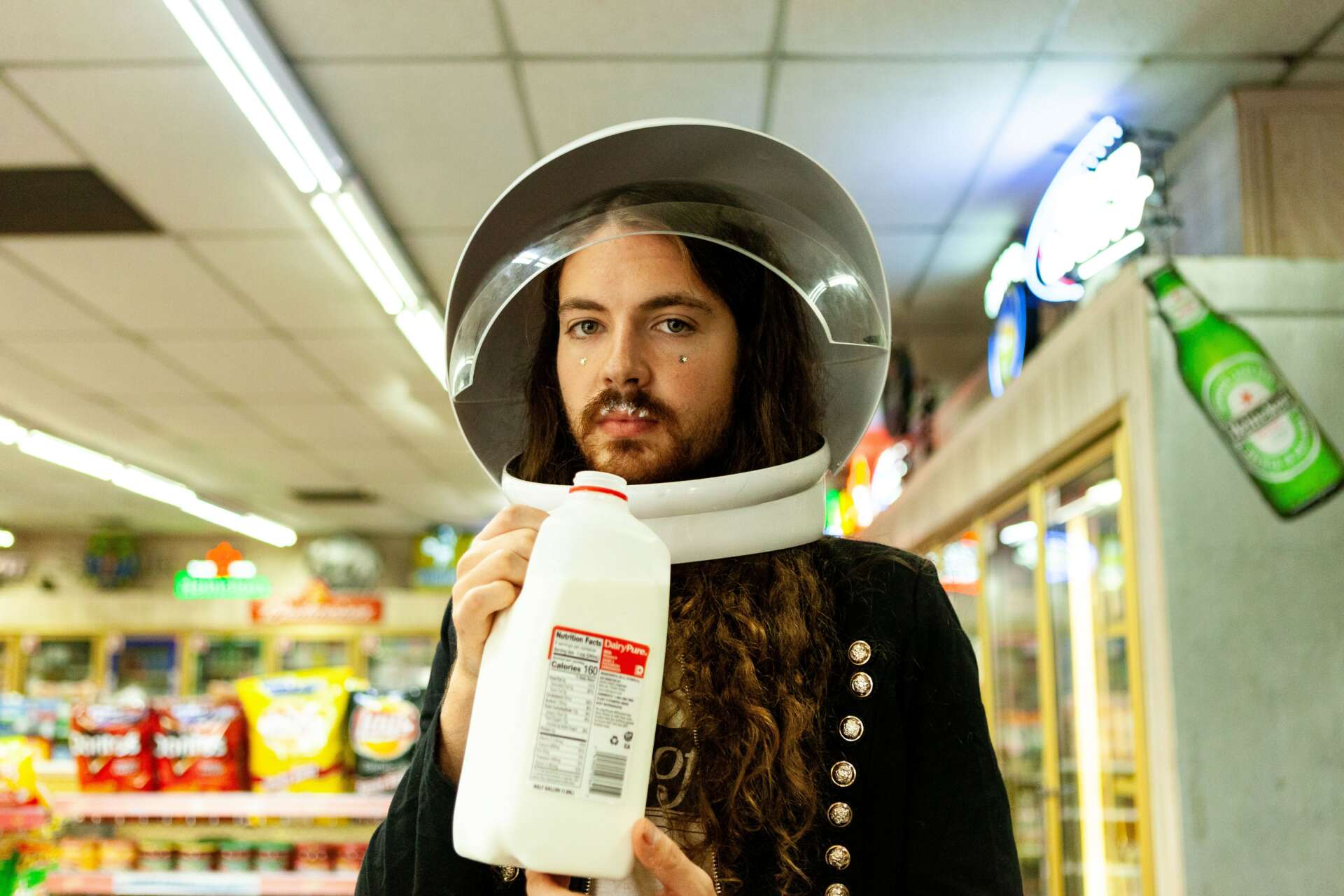
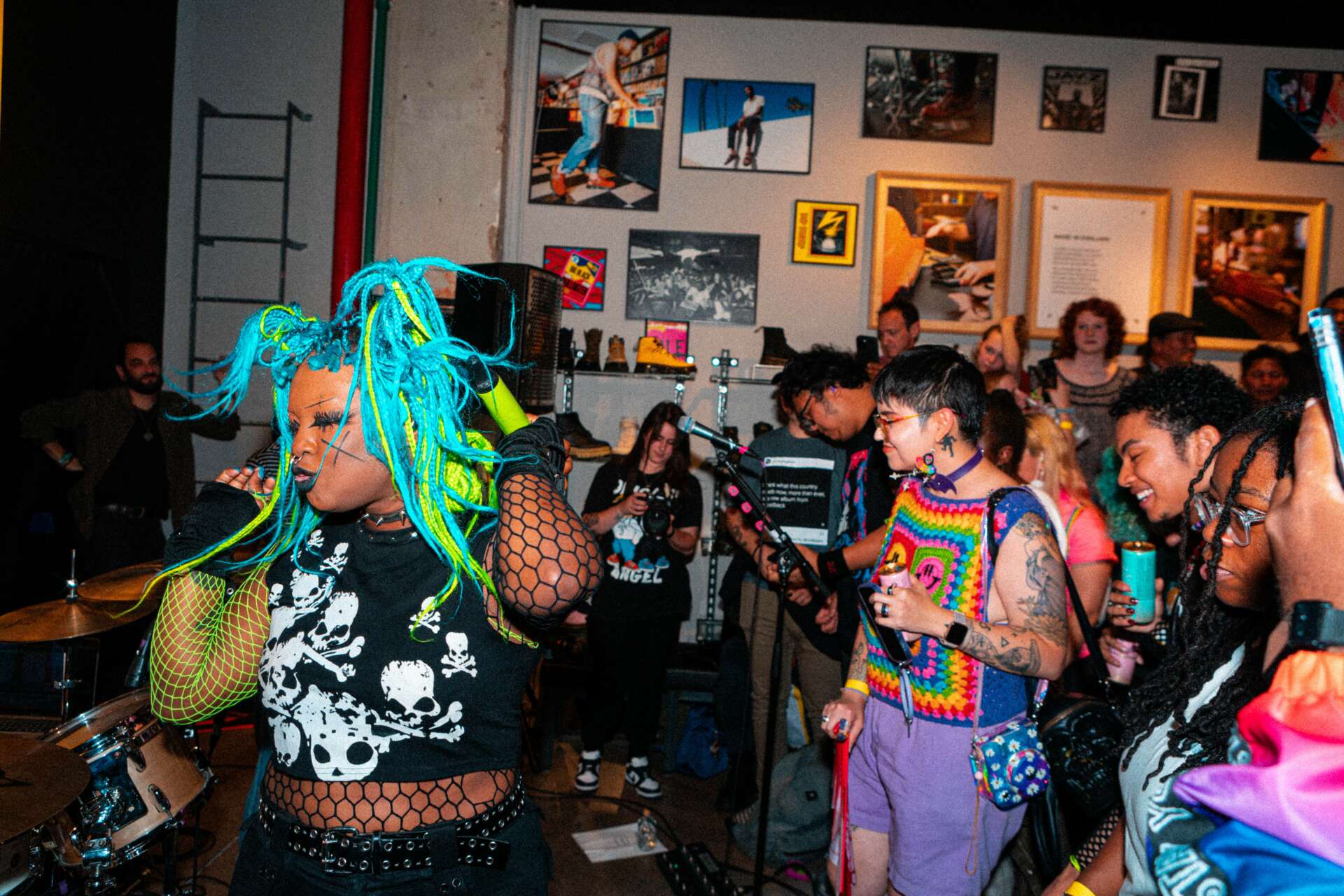
What do you find most rewarding about being a creative?
For me, it is so rewarding to make the ideas constantly swirling around in my head come to life. I don’t know where they’d go otherwise. To create something beautiful, energetic, thoughtful, or unique and then to see people connect with it. There’s something about what I do that feels so connected to how I was as a child. It’s basically make-believe with time management skills. My career is telling stories. I get to daydream, romanticize moments, and constantly learn. It’s both artistic and deeply technical. In the process of making an idea exist, I’ve learned so much about the intricacies of camera gear, lighting, and complex editing software. It really satisfies my unrelenting desire to learn, understand, and create.
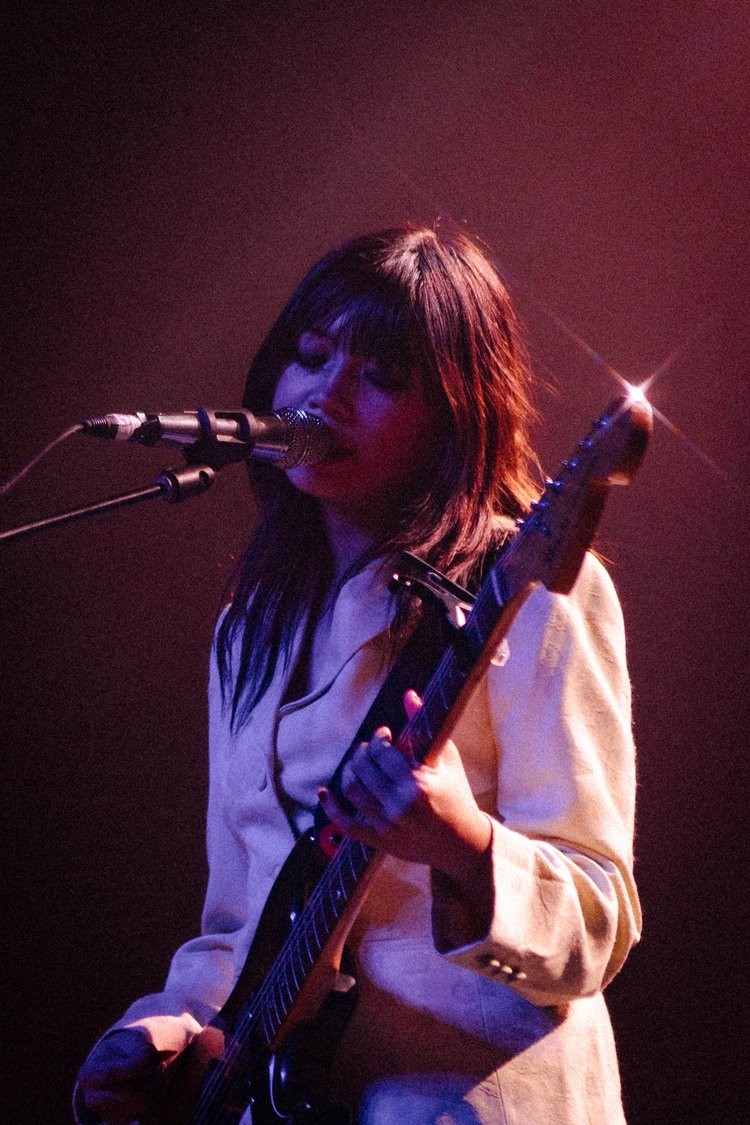
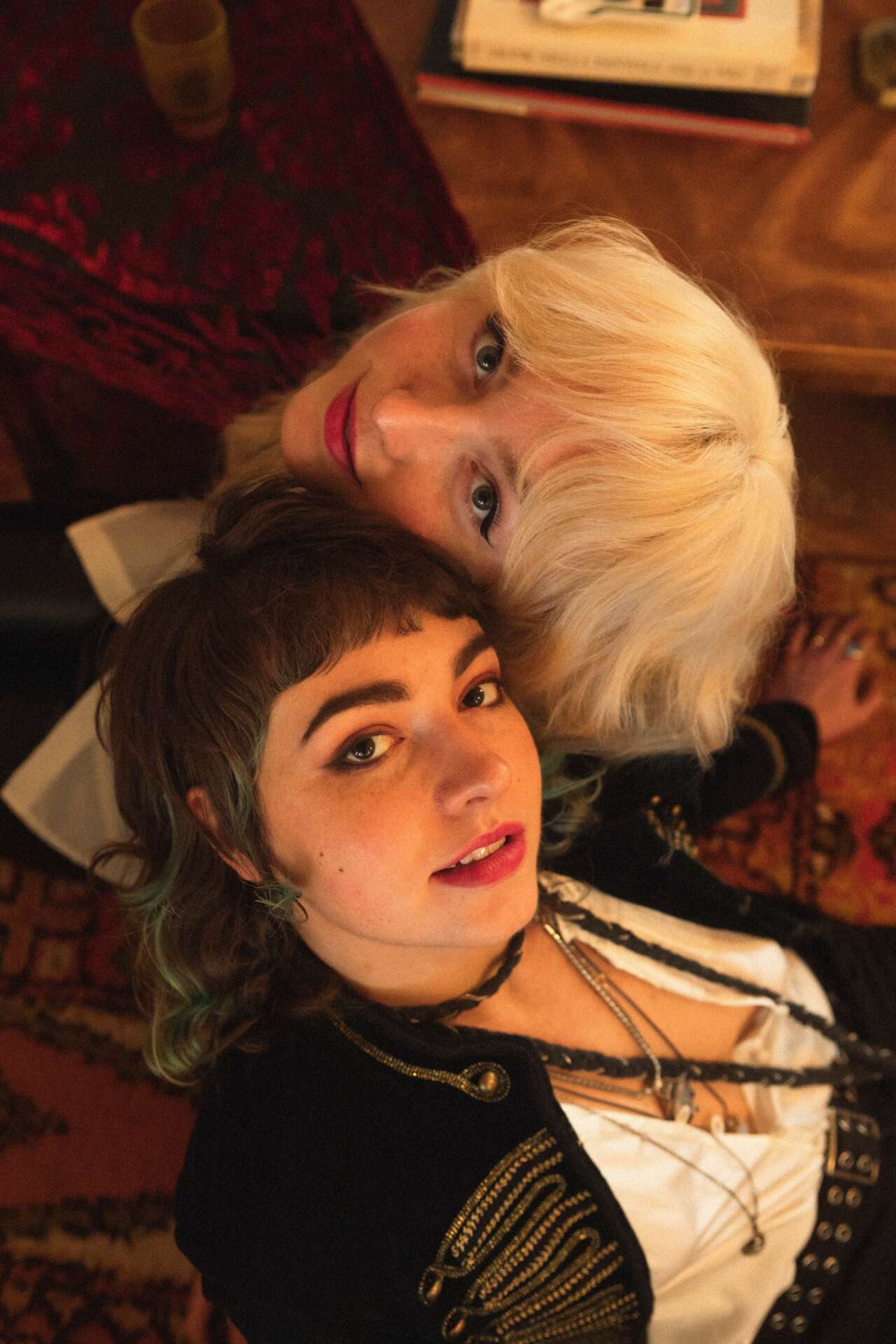
Can you share a story from your journey that illustrates your resilience?
I think to do anything for yourself is in and of itself an act of resilience. I was given advice in college from someone who essentially said that my success early on would rely on my ability to simply not quit. They said that everyone starts in a place where their experience and work do little to distinguish them from their peers. Time, experience, and dedication to becoming better would be what would set me apart, but to start, everyone is so closely arranged together at the start of their careers. With time, fewer and fewer people can do what you do, people specialize and find their voices, and you begin to build a reputation for yourself.
I also think there is an element of resilience that is necessary because working for yourself, not to mention working in a creative field, involves wearing a lot of hats. You fulfill so many roles for yourself. I’m not just a photographer and director. I am generating new leads, networking, negotiating deals, reviewing contracts, invoicing, following up on late invoices, producing, creative directing, maintaining my online presence and my portfolio, the list goes on.
I could point to some of my biggest breaks so far in my career and I could probably tell you how I also wondered if it was all worth it just the week before. Spoiler: it’s always been worth it.
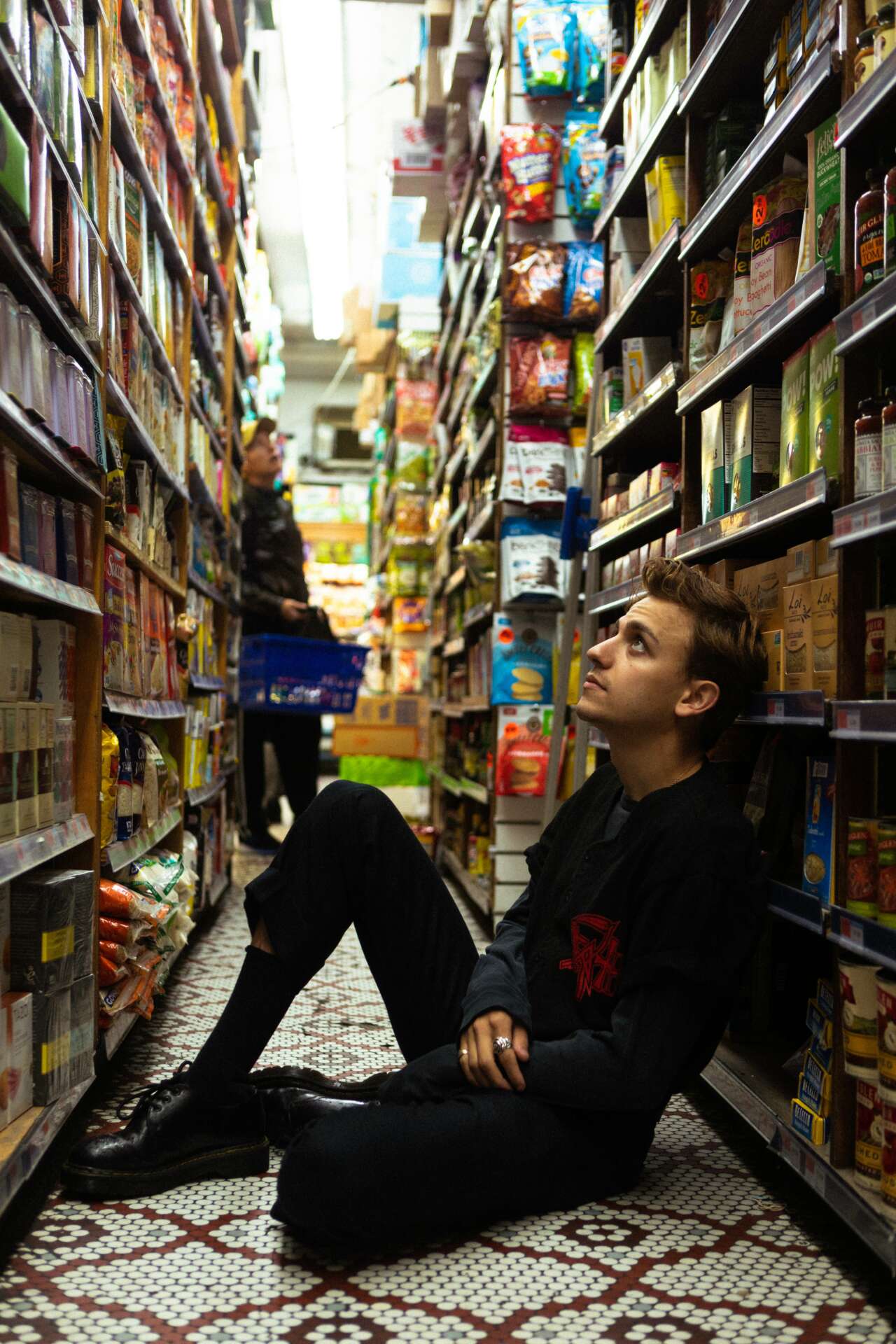
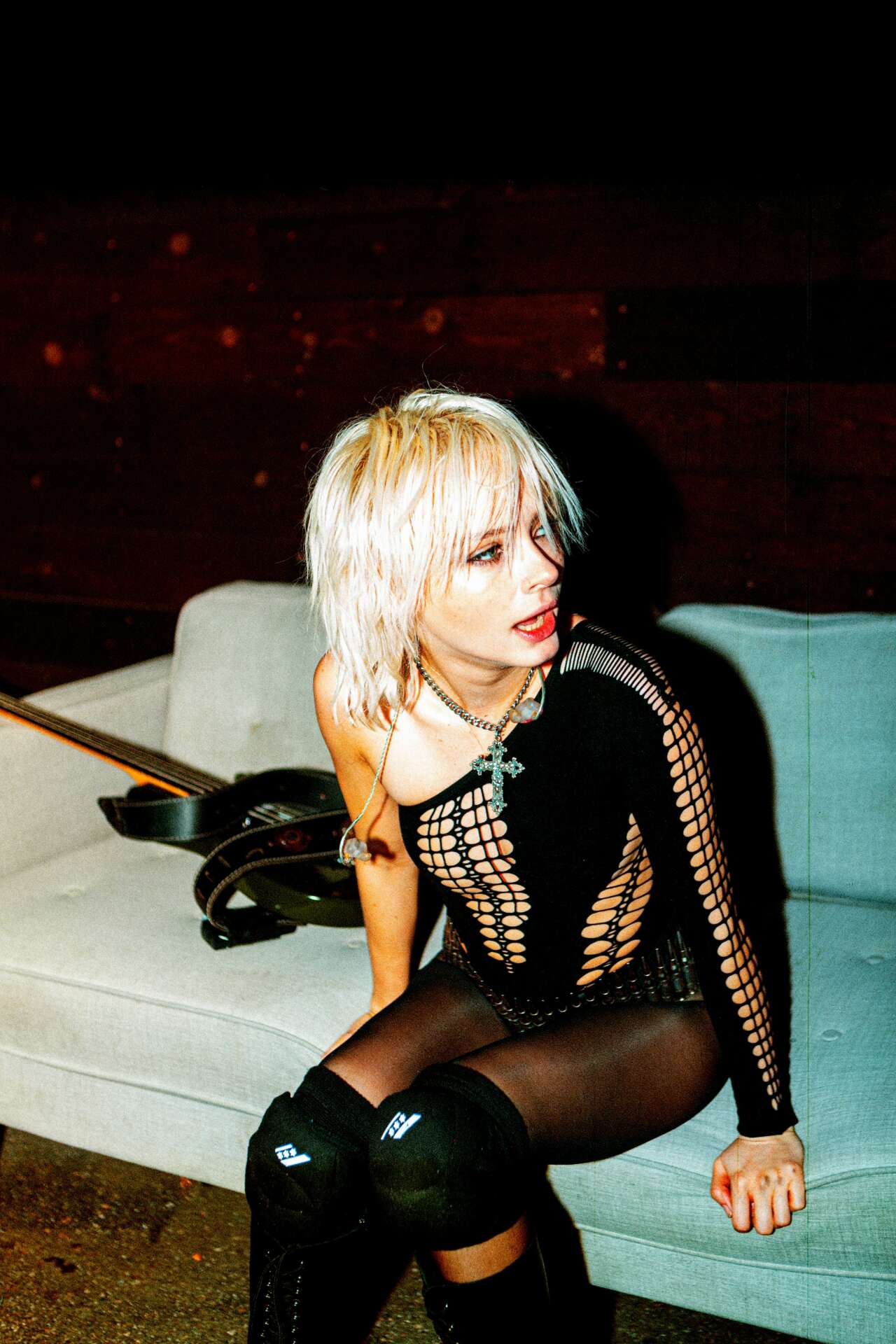
Contact Info:
- Website: www.sarahmidkiff.com
- Instagram: @sarahlmidkiff
- Linkedin: https://www.linkedin.com/in/sarah-midkiff/
- Other: Directors reel: https://vimeo.com/manage/videos/771752340
Image Credits
Photos by Sarah Midkiff


